A history of Guantánamo Bay
War of Terror's 'symbol of torture, rendition and indefinite detention' is subject of new Serial podcast series
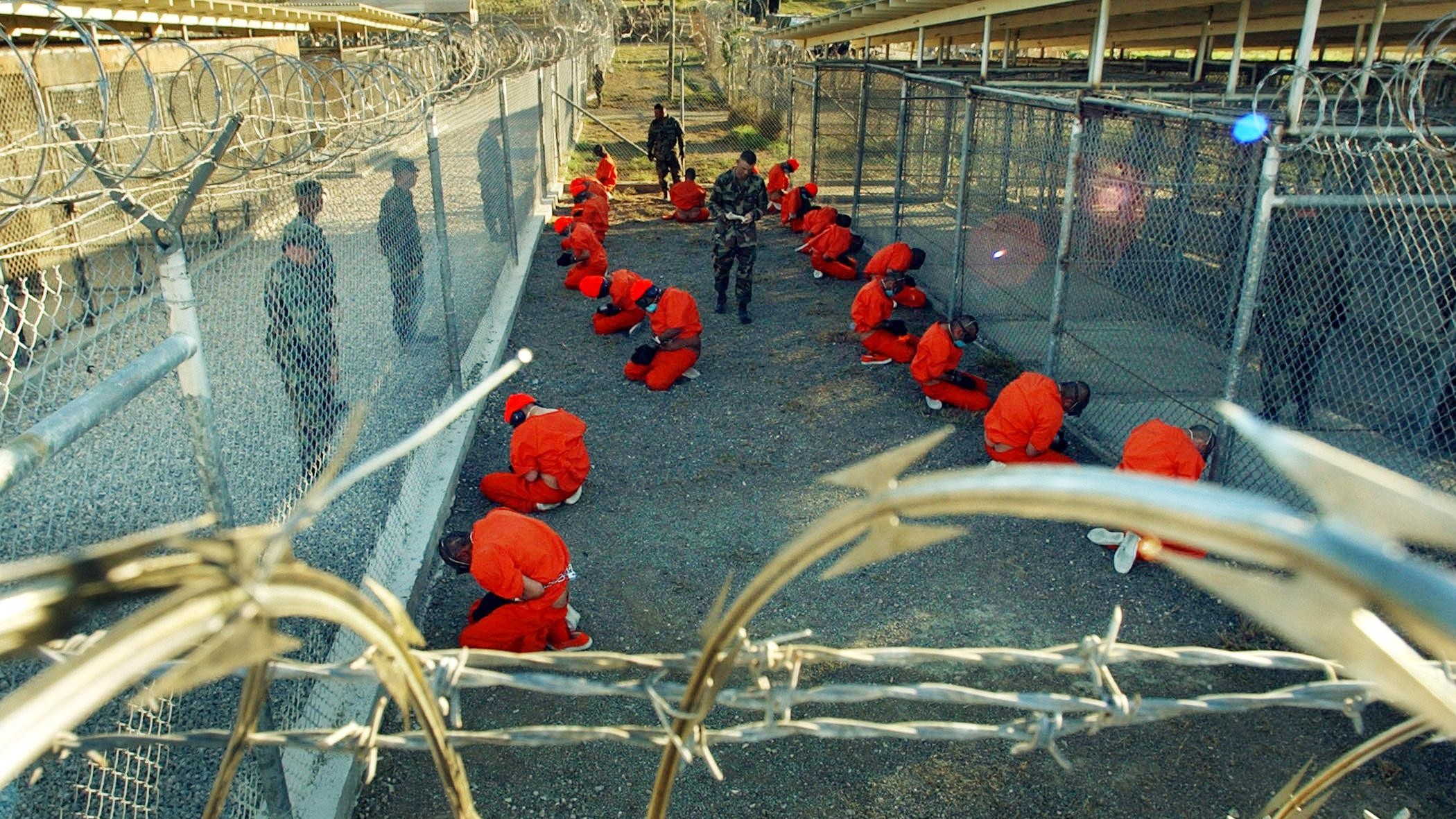
A free daily email with the biggest news stories of the day – and the best features from TheWeek.com
You are now subscribed
Your newsletter sign-up was successful
A new podcast series from "Serial" is out today on the history of the Guantánamo Bay detention centre, one of the most controversial episodes in the more than two-decades long "War on Terror".
Opened as a military prison in the immediate aftermath of the 9/11 terror attacks, the US presence in Cuba in fact dates back more a century. Built on land rented from the Cuban government as part of a contested 1903 agreement signed following the 1898 Spanish-American War, the naval base at Guantánamo Bay is under US control though not technically American territory.
It is because of its "uncertain legal status" that the base was chosen as the site of a detention centre, said Georgetown University's Bridge Initiative, "allowing the US government to argue that those detained at the base were not entitled to certain rights under US laws".
The Week
Escape your echo chamber. Get the facts behind the news, plus analysis from multiple perspectives.

Sign up for The Week's Free Newsletters
From our morning news briefing to a weekly Good News Newsletter, get the best of The Week delivered directly to your inbox.
From our morning news briefing to a weekly Good News Newsletter, get the best of The Week delivered directly to your inbox.
Why was it set up?
The first detainees arrived on 11 January 2002. Soon, chained prisoners in orange jumpsuits sitting in cages became the defining images of the US-led "War on Terror".
Initially a "temporary" solution to hold people suspected of being part of the Taliban or al-Qaida, "over the next two decades it hardened into an American institution with its own rules, its own prison, its own court", said Deadline.
At its peak in the early 2000s, the prison housed nearly 800 inmates, many of whom were held indefinitely without charge, unable to qualify as prisoners of war and so excluded from the rights of the Geneva Convention. The detention centre was made up of several distinct camps – the most infamous of these being Camp X-Ray for high-level detainees – which differed in their security level, their transparency, and who was imprisoned there.
"Though not singular among prisons in its harsh treatment and arbitrary detention", said Pardiss Kebriaei, a lawyer representing Guantánamo prisoners, in The Guardian, it was "at least for a time very overt in its extremeness, and what could be seen more plainly than usual caused a reaction".
A free daily email with the biggest news stories of the day – and the best features from TheWeek.com
The brutal treatment of prisoners and opaque legal status of Guantánamo made it, according to Amnesty, "a symbol of torture, rendition and indefinite detention without charge or trial".
Reports of inhumane conditions and the use of so-called "enhanced interrogation techniques" led to condemnation around the world and a growing "movement" to close the detention centre down, said Kebriaei.
Barack Obama signed an executive order with the aim of closing the camp within one year of taking office in 2009, but while the number of inmates fell significantly during his presidency, repeated attempts to repatriate the remaining inmates or send them to high-security jails in the US were thwarted by Congress. His successor in the White House, Donald Trump, pledged to fill it with more prisoners, while the Biden administration once again committed to closing it.
Legal and human rights considerations aside, keeping the Guantánamo Bay detention camp open is also "extremely costly", said the Bridge Initiative. Since 2002 the total bill has exceeded $6 billion, and the yearly cost of imprisoning each person is over $13 million, making it "almost certainly" the world's "most expensive detention program", said Carol Rosenberg in The New York Times.
What is it used for today?
Of the 30 men still held at Guantánamo, 11 have been charged with war crimes in the military commissions system, with 10 awaiting trial and one convicted. Three detainees are held in indefinite law-of-war detention and are neither facing tribunal charges nor being recommended for release. Sixteen – known as "forever prisoners" – are held in law-of-war detention but have been recommended for transfer with security arrangements to another country.
"These are detentions that are inescapably bound up with multiple layers of unlawful government conduct over the years – secret transfers, incommunicado interrogations, forced feeding of hunger strikers, torture, enforced disappearance, and a complete lack of due process," said Amnesty International's Daphne Eviatar in a statement ahead of the 20th anniversary of Guantánamo's opening.
In January this year, nearly 100 advocacy organisations sent a letter to President Biden urging him to follow through with his promise and finally close the facility.
Scott Roehm, director of global policy and advocacy at the Center for Victims of Torture, told NPR the failure to close the prison has largely been the result of "a lack of courage and a lack of priority" from the Biden administration.
"What seems most gratuitous here", concluded Kebriaei, "is that those closest to Guantánamo agree that it was a profound mistake, that most of those ever detained never should have been held at all, and that the majority of those still imprisoned after 22 years do not belong there now."
The first two episodes of the Serial podcast on the history of Guantánamo Bay will launch on Thursday 28 March, with episodes released weekly after that.
-
 Political cartoons for February 15
Political cartoons for February 15Cartoons Sunday's political cartoons include political ventriloquism, Europe in the middle, and more
-
 The broken water companies failing England and Wales
The broken water companies failing England and WalesExplainer With rising bills, deteriorating river health and a lack of investment, regulators face an uphill battle to stabilise the industry
-
 A thrilling foodie city in northern Japan
A thrilling foodie city in northern JapanThe Week Recommends The food scene here is ‘unspoilt’ and ‘fun’
-
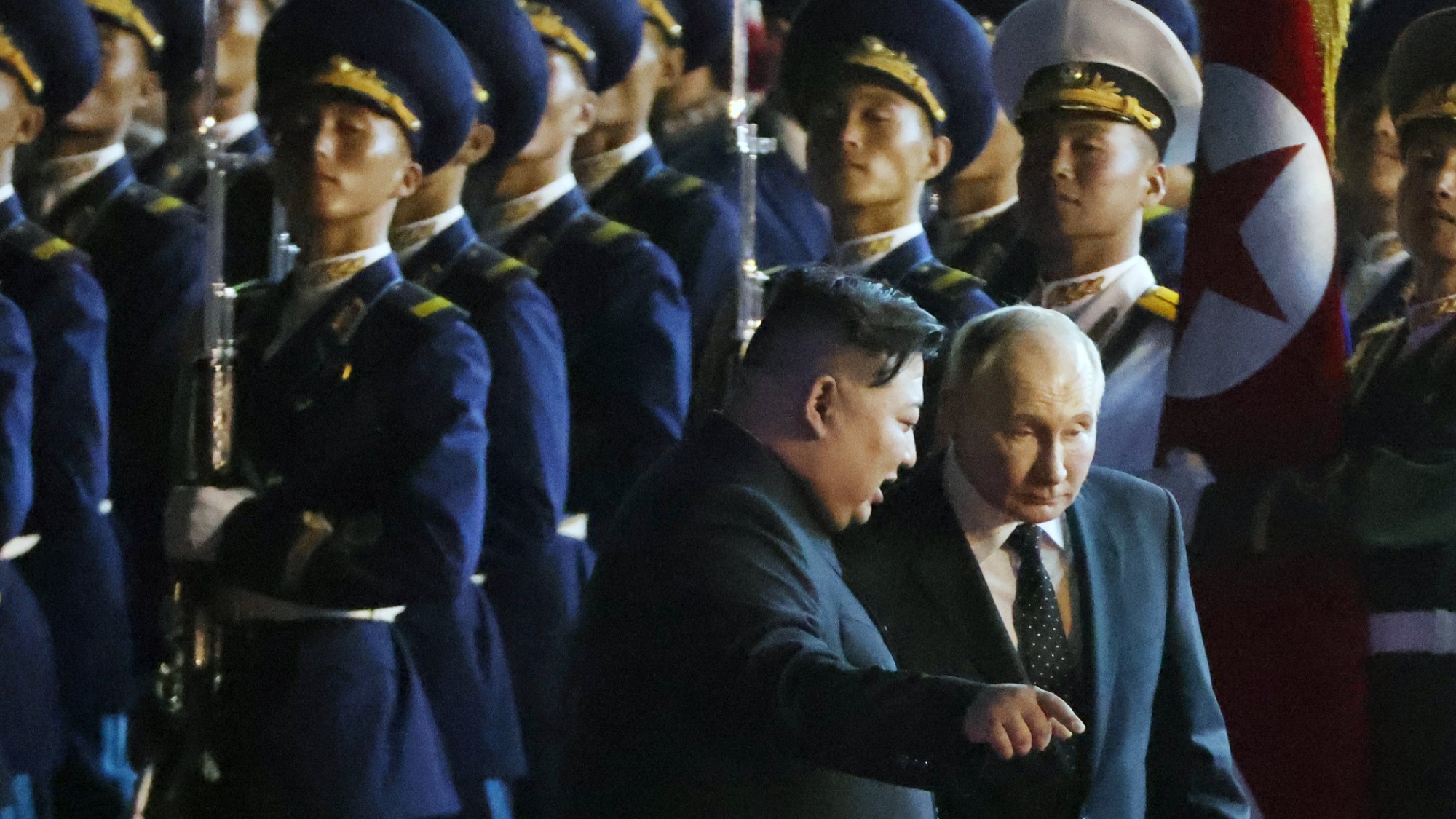 The North Korean troops readying for deployment in Ukraine
The North Korean troops readying for deployment in UkraineThe Explainer Third country wading into conflict would be 'the first step to a world war' Volodymyr Zelenskyy has warned
-
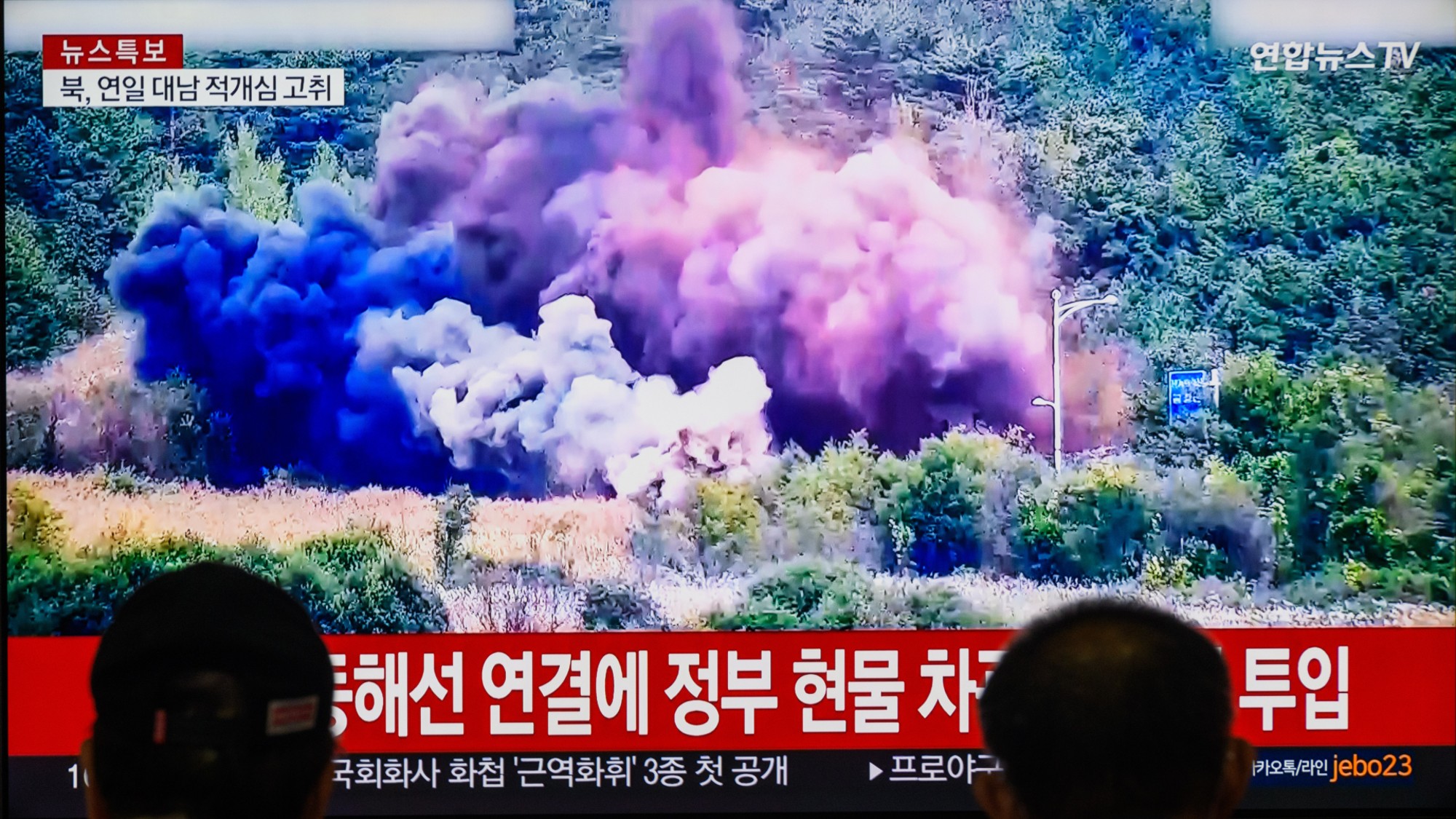 What's happening at the North Korea border?
What's happening at the North Korea border?The Explainer Tensions rise as hermit kingdom blows up 'symbolic' roads after accusing Seoul of flying drones over Pyongyang
-
 Russia and Iran 'up the ante' after meeting in Turkmenistan
Russia and Iran 'up the ante' after meeting in TurkmenistanThe Explainer Two nations talk up their closer ties but some in Tehran believe Putin 'still owes' them
-
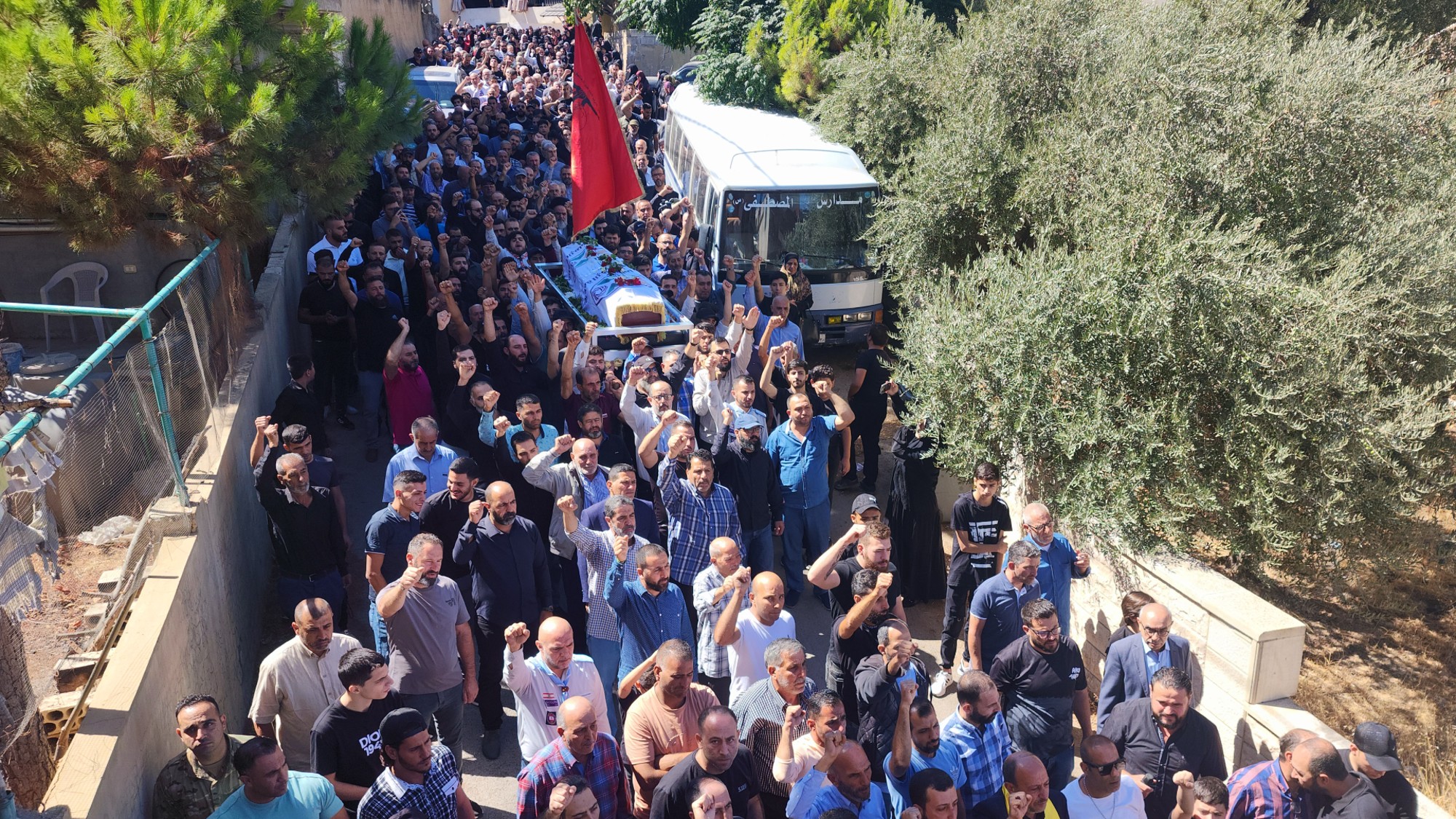 Mossad's history with explosive technology
Mossad's history with explosive technologyThe Explainer Infamous Israeli spy agency has not claimed responsibility for Hezbollah's exploding pagers but has 'decades-long' list of remote assassinations
-
 How Russia trains its deep undercover spies
How Russia trains its deep undercover spiesThe Explainer Moscow's elite 'illegal' sleeper agents pose as foreigners and live under false identities known as 'legends', often for decades
-
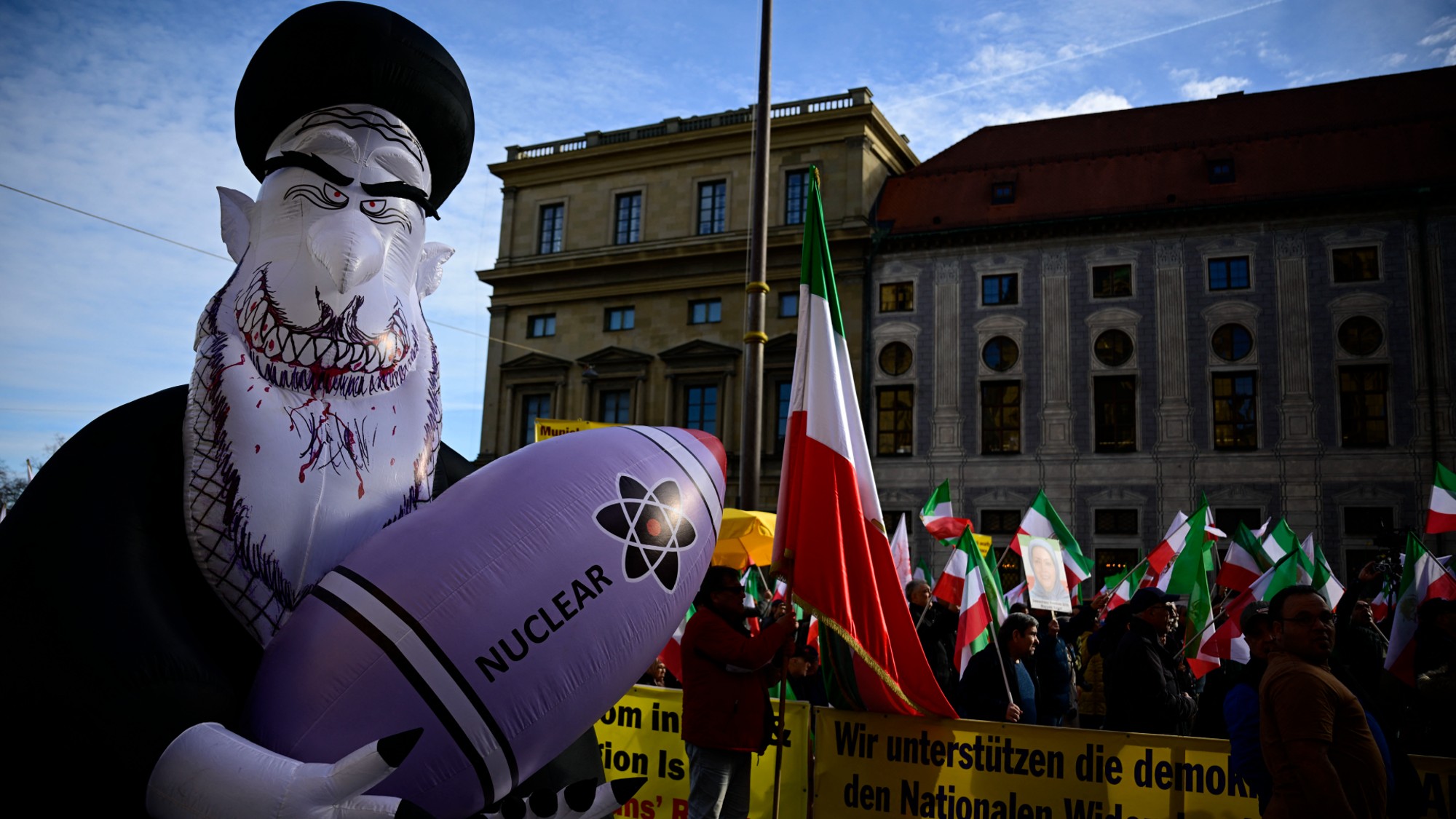 Iran at the nuclear crossroads
Iran at the nuclear crossroadsThe Explainer Officials 'openly threatening' to build nuclear bomb, as watchdog finds large increase in enriched uranium stockpile
-
 Nuclear near-misses
Nuclear near-missesThe Explainer From technical glitches to fateful split-second decisions, the world has come to the brink of nuclear war more times than you might think
-
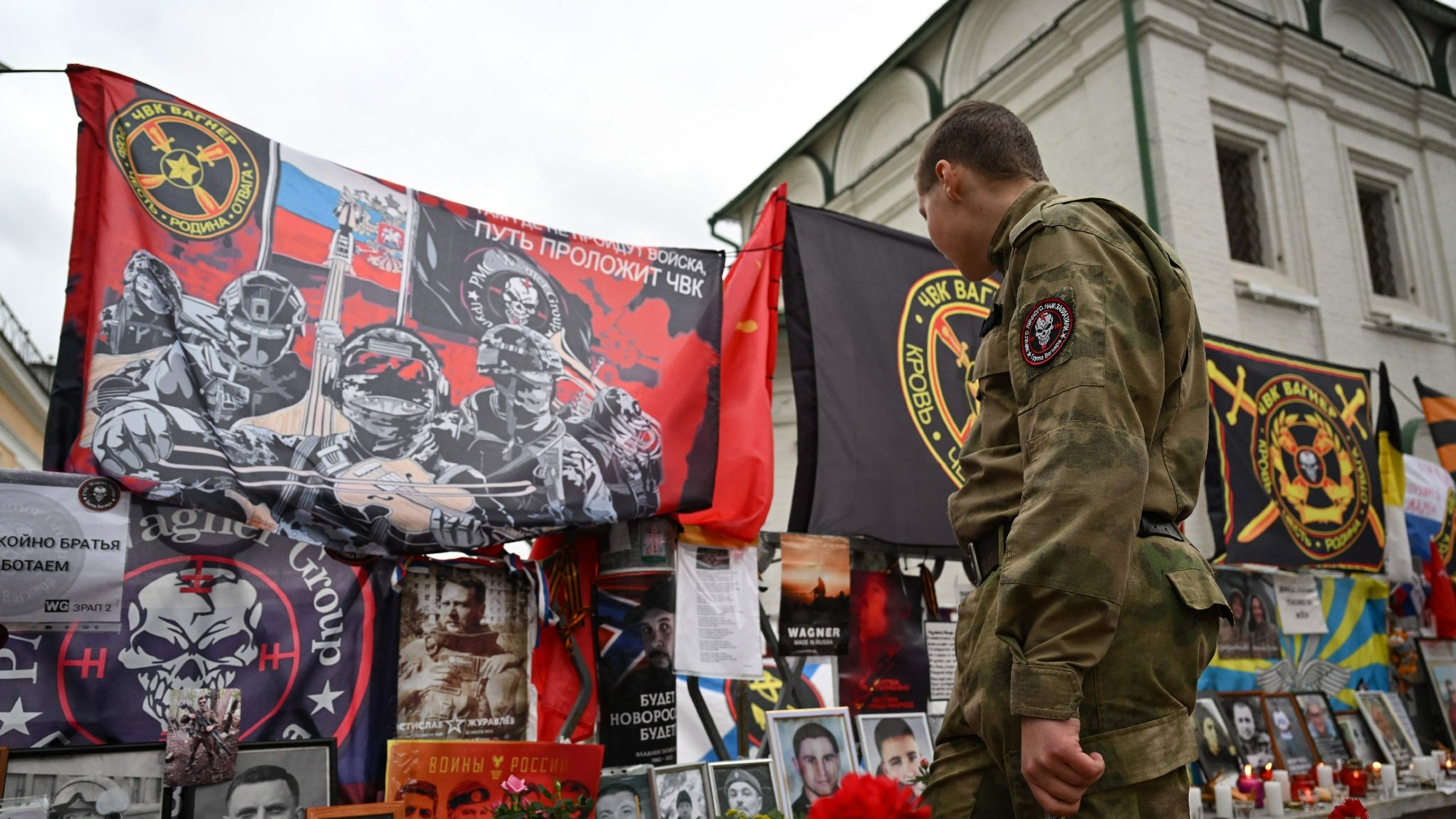 The murky role of military contractors in war
The murky role of military contractors in warThe Explainer A civil case against US company has revived debate over the increasing use of private security firms in military operations